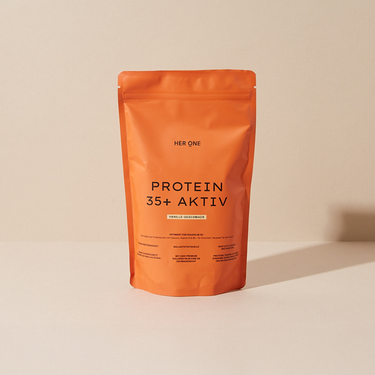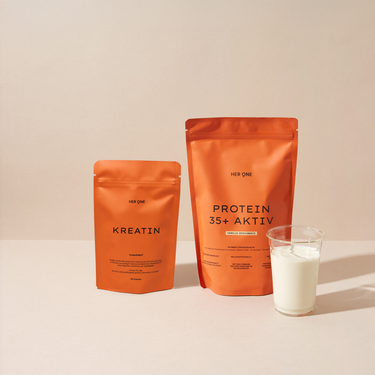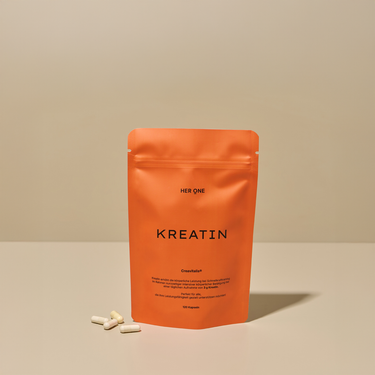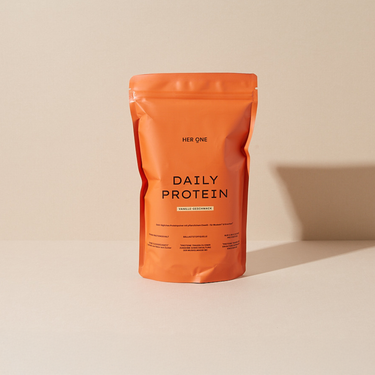Insulin resistance - a term that sounds harmless at first, but can have far-reaching consequences for the body, hormone balance and long-term health. It often occurs gradually - and goes unnoticed for a long time. This makes it all the more important to recognize the first signs and take targeted countermeasures.
🔍 What does insulin resistance actually mean?
Insulin is a vital hormone that ensures that sugar is transported from the blood into the cells. In the case of insulin resistance the cells react less sensitively to this signal. As a result, the body produces more and more insulin - over time, this system becomes exhausted. The result: an increased risk of type 2 diabeteshormonal imbalances and weight gain.
Early warning signs - these are typical symptoms
Many of the symptoms appear inconspicuous or are attributed to other causes. Pay particular attention to these signs:
-
Constant tiredness - especially after carbohydrate-rich meals
-
Cravings - especially for sugar & white flour
-
Increasing belly fatdespite unchanged eating behavior
-
Concentration problems and mood swings
-
Cycle disorders, blemished skin and hair loss - common with PCOS
-
Skin changes - Dark, velvety areas on the neck or under the armpits
-
Sleep disorders and water retention
Important to know: Even if the blood sugar is within the normal range, the insulin level may have been too high for a long time.
Particular attention should be paid to women who have a family history of diabetes or obesity The personal risk here is significantly higher.
Why nutrition is the key
Diet has a direct influence on insulin levels - and therefore on all symptoms. A targeted change can:
-
relieve the metabolism
-
improve the hormone balance
-
Reduce cravings
-
Bringing back energy and quality of life
These principles are particularly helpful:
✅ Keeping blood sugar stable
✅ Improve insulin sensitivity (fiber - especially soluble, protein, healthy fats)
✅ Reduce inflammation
These foods help - and it's better to eat them rarely
❌ Better to reduce:
-
Sugar, sweets, soft drinks, fruit juices
-
White flour products (toast, pastries, light pasta)
-
Ready-made products, fast food, muesli bars, breakfast cereals
✅ Better on the plate more often:
-
Lots of vegetables - Colorful, fresh, cooked or raw
-
Pulses - Lentils, beans, chickpeas
-
Protein sources - Fish, eggs, natural yogurt, tofu
-
Healthy fats - e.g. from olive oil, avocado, nuts
-
Berries, seeds & nuts - for antioxidants and satiety
-
Whole grains - such as oats, quinoa, buckwheat
🕒 Tip: Take a 4-5 hour break between meals - this allows insulin to be broken down.
Exercise - the underestimated medicine
Exercise lowers insulin levels directly - even without weight loss.
Just 30 minutes of brisk walking a day or two short strength workouts a week make a difference.
Also important: Sleep & stress. Because cortisol (stress hormone) increases blood sugar - which can increase cravings and insulin resistance.
Supplements - sensible when used in a targeted manner
These nutrients can support the metabolism (please only after consultation!):
-
magnesium - improves insulin action and helps with stress
-
Vitamin D - Important for hormone balance and the immune system
-
Omega-3 fatty acids - Anti-inflammatory and metabolically active
-
Zinc & chromium - important for blood sugar regulation
Insulin resistance does not have to be a judgment
With the right diet, a little exercise, stress management and targeted support, you can actively counteract this - before it even becomes a serious problem.
*We are aware of how sensitive this topic is. So if you have any further questions, please do not hesitate to contact us:
Joint practice Schaden
Schadowstrasse. 86-88
40212 Düsseldorf
Tel: 0211 - 960 825 60
kontakt@praxis-schaden.de






